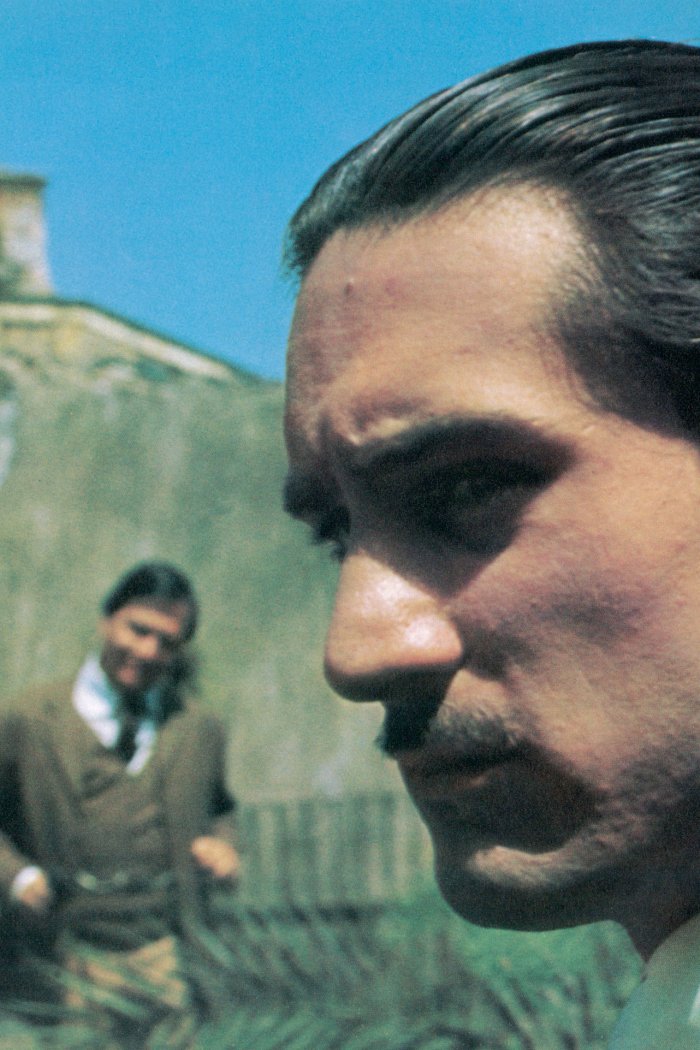John Huston, the tough-guy director of early pictures like The Maltese Falcon and later ones like Prizzi’s Honor, made a documentary in the immediate aftermath of World War II that almost no one was able to see until 1980, and even then, only in murky, badly damaged prints. Huston got the assignment to make the film that would become Let There Be Light when he was a major in the Army Signal Corps. The idea was to film veterans hospitalized for what was at the time called “psychoneurosis” or “neuropsychosis” (what we would now call post-traumatic stress disorder), capturing both the nature of their suffering and the types of treatment available to them. What Huston came up with is a deeply moving documentary that captures, specifically, the effects of wartime trauma on soldiers but also, more generally, the way men who have never been encouraged to talk about their feelings must find a way to do so in order to heal. Let There Be Light is harrowing at times: when one Black soldier breaks down, talking about how his homesickness for his sweetheart became nearly unbearable, it’s all too easy to imagine his feelings of isolation, fighting a war on behalf of a country he believed in even if it didn’t believe in him.
The further we get from this defining period in time, the more valuable a record like Let There Be Light becomes. The film was long suppressed by the military (the releases Huston had obtained from the soldiers had been lost) and when it was finally cleared for release, playing in the 1981 Cannes Film Festival, the poor sound quality made many of the interviews difficult to decipher. Restored in 2012, Let There Be Light is now one of the finest direct records we have of servicemen’s experience in World War II, an era that, though it may seem like ancient history to some, is part of the fabric of so many of our forebears’ lives.
- Inside Elon Musk’s War on Washington
- Meet the 2025 Women of the Year
- The Harsh Truth About Disability Inclusion
- Why Do More Young Adults Have Cancer?
- Colman Domingo Leads With Radical Love
- How to Get Better at Doing Things Alone
- Cecily Strong on Goober the Clown
- Column: The Rise of America’s Broligarchy





